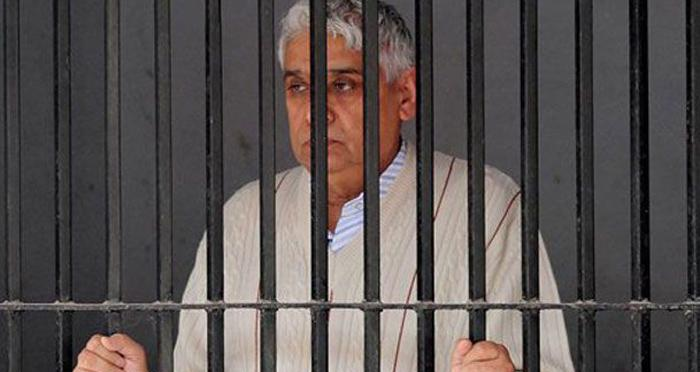Even though more and more Indians are going online, the digital gender divide is increasing, reveals a study. The study report, backed by Mozilla and carried out by LIRNEasia, an Asia Pacific-based information and communication technology thinktank, revealed that women’s access to the internet was marred by unaffordability of smart-phones and of data packs.
The study had over 83 respondents, who were interviewed through 14 focus group discussions and four in-depth interviews in five locations in and around New Delhi. These included Srinivasapura, Rajouri Gardens, Chattarpur, Keshav Puram and Shakurpur.
The study revealed that for most women, access to internet was not a priority. “Some female respondents in particular spoke of how they didn’t have sufficient a budget to spend on Internet access after spending on household expenses,” the study stated. Like in the case of a housewife from New Delhi Leena, who was introduced to the internet because her husband spent many hours online. But her husband dissuaded her from using the internet in his absence as he was worried that she might shop online.
Another reason women stayed off the internet was the inability to afford a more consistent, though smaller, outflow of money to pay for mobile data. Many women spoke of how their husbands shared data with them. For instance, one candidate would buy a smart phone for his wife. The study also stated that there were indications at ‘gender differences in the opportunities women are given (or not given) to acquire the requisite knowledge and experience to get online’.
Jochai Ben-Avie, senior global policy manager at Mozilla, said that while the goal is to bring more and more people online, there needs to be concerted efforts to bring more women online.
“Women’s access to the internet are usually mediated by the men in their lives,” said Ben-Avie. While there are challenges for digital literacy among men, too, and in looking at ways how the internet can be a transformative tool, we need to work on distributing that knowledge to women. Overcoming the affordability challenges is critical to ensure that there is a more economically viable environment for women.”













